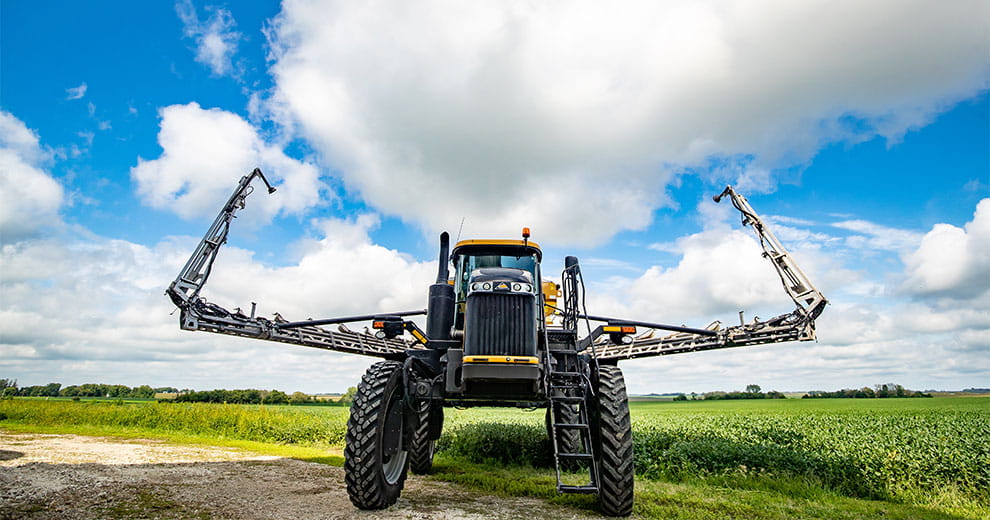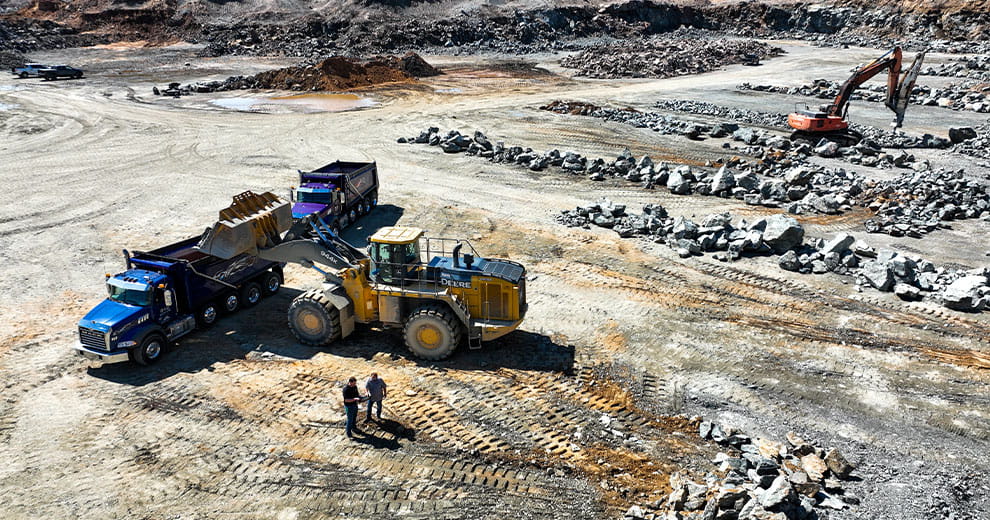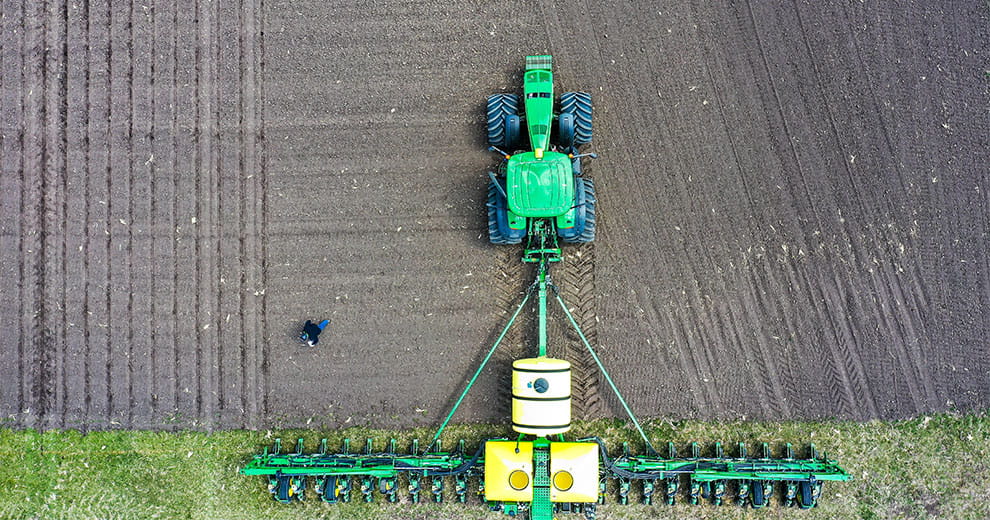Cooperative value
Discover the benefits of owning and working with a cooperative
Benefits of cooperative ownership
Gain global market access

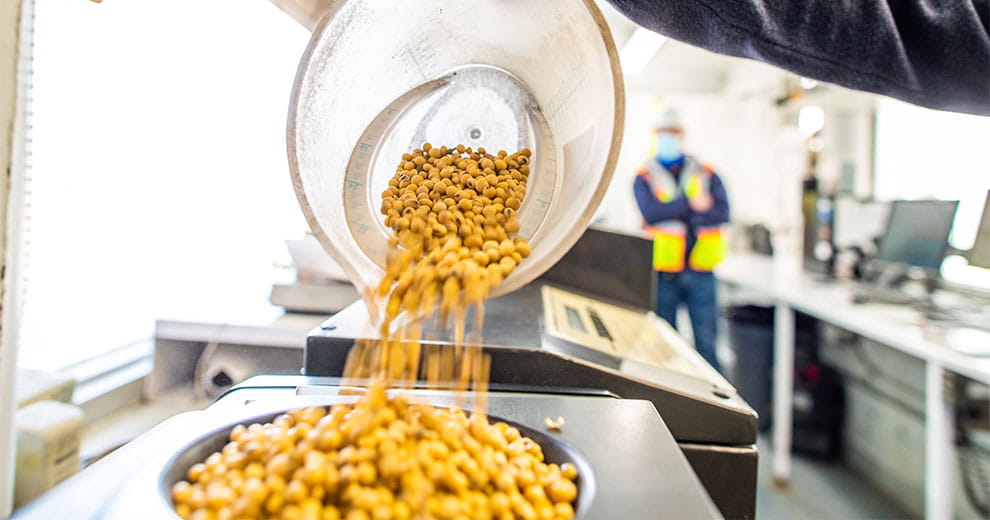
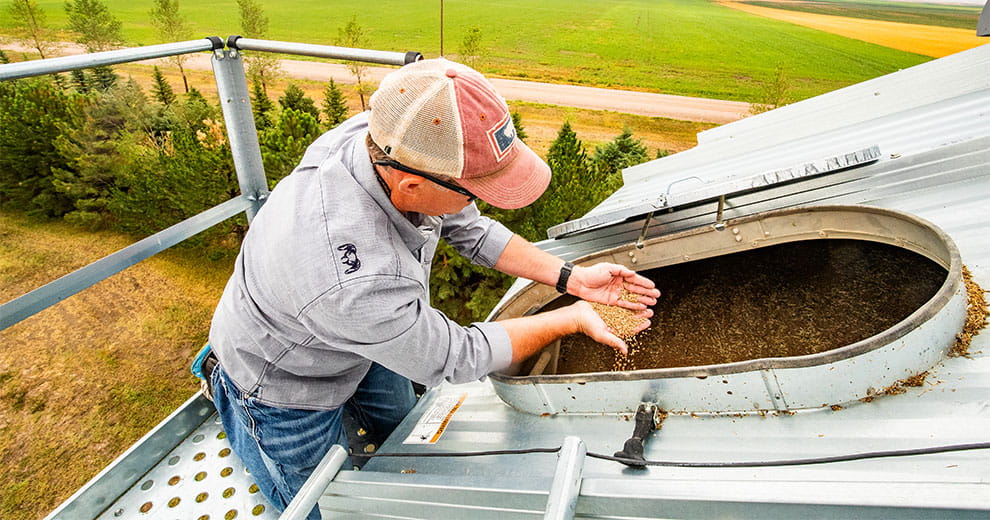
Raise your voice
Leverage local expertise
Earn patronage and equity
-
Determined by the cooperative
Each cooperative creates its own patronage system, set by its board of directors and carried out by management. Regular review of patronage policies ensures they add value for owners and support the cooperative’s business strategies. -
Recognizes business performance
Patronage is based on three things:
- Adjusted earnings before taxes
- Owner business volume
- Cooperative patronage and equity policies
-
Fuels growth for farmer-owners and co-ops
Cooperative decisions about patronage and equity deliver value for owners and fuel long-term cooperative growth. When a cooperative board calculates patronage, it also determines what portion will be retained as member equity in the organization. That equity is a key source of capital for cooperative maintenance and growth.
-
Provides for cash patronage and/or equity
Cooperatives determine how to distribute patronage and/or equity to owners after the close of each fiscal year. When planned distributions of cash patronage and redeemed equity are complete in 2026, CHS will have returned nearly $2.6 billion to owners over the past five years.
Help communities thrive
See how we strengthen hometown communities
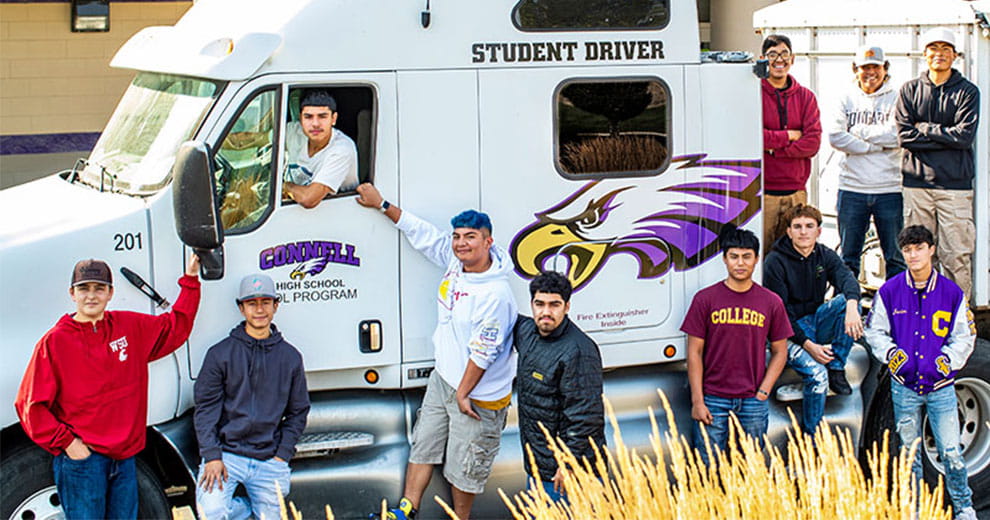



Tap into a global supply chain

Benefit from long-term thinking
